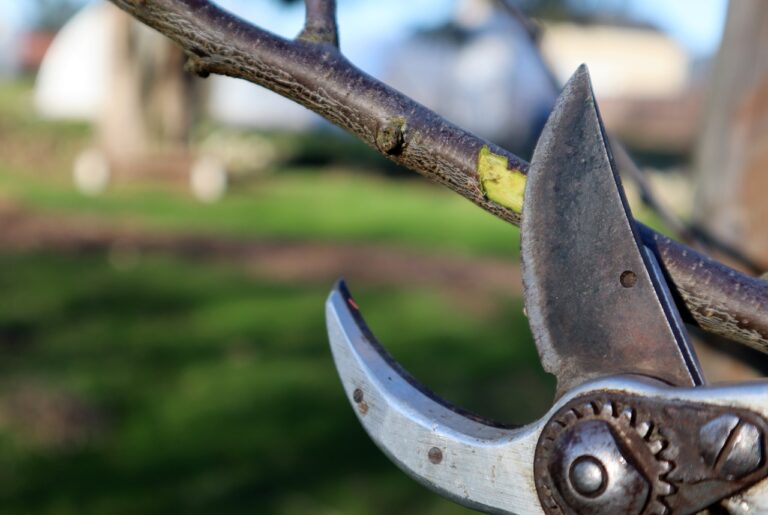Jason, from Fraser Valley Rose Farm, invites readers into his journey—a decade-long transformation from a secure management career to running a thriving backyard nursery. This bold move wasn’t a spur-of-the-moment decision but a gradual shift fueled by passion and purpose. For Jason, working with plants and engaging with gardening enthusiasts felt like the natural course for his life. His story, however, is more than just personal; it’s a testament to the feasibility and rewards of pursuing such a venture. If you’ve ever dreamt of starting a backyard nursery, Jason’s experience offers practical insights and critical questions to consider.
Why Backyard Nurseries Are “Competition-Proof”
One of the most compelling arguments Jason makes for this business model is its resilience against large-scale competition. Unlike other industries, the plant nursery business thrives on local knowledge, personal interaction, and specialization. Big-box retailers might dabble in plants, but their seasonal approach lacks the dedication and depth local nursery owners bring. Customers appreciate specialized advice and value the local expertise nurseries provide—whether it’s roses, bonsai, or perennials.
Moreover, the inherently localized nature of plant production offers a distinct advantage. While larger growers face logistical challenges and higher costs associated with shipping, local nurseries can efficiently serve their nearby communities, often with fresher and better-adapted plants.
Dispelling Myths: It’s Not Fast, Easy, or Guaranteed
Some promotional materials may glamorize backyard nurseries as a quick and effortless way to generate income. Jason counters this notion with refreshing honesty. His own journey spanned over a decade and required careful planning, long hours, and a willingness to adapt. While starting small can ease the transition, the business still demands significant effort.
Success hinges on business skills and persistence. Jason warns against simplistic calculations that overestimate profitability. Growing 1,000 plants doesn’t guarantee $10,000 in sales—it’s a slow and methodical process that requires managing costs, understanding markets, and navigating unpredictable factors like weather and pests. While the road may not be easy, the rewards, both personal and financial, can make it worthwhile for those willing to put in the work.
Four Key Mindsets for Success
Jason shares the foundational mindsets that helped him succeed, offering practical advice for those considering a similar path.
1. Don’t Wait Until You’re “Ready”
One of Jason’s most powerful insights is the importance of starting before conditions feel perfect. Whether it’s propagating plants on a small scale or learning industry skills through a side hustle, taking action early builds valuable experience. Jason began his journey by selling plants from a suburban backyard and learning horticulture basics through formal education and hands-on work. By the time he transitioned fully, he had years of experience to support his leap.
2. Start Small and Avoid Over-Investing
Minimizing initial investments reduces risk and provides room for growth. Jason emphasizes using affordable materials like reclaimed pots and propagating plants from existing stock instead of purchasing expensive supplies. Expansion should come naturally as demand grows. For example, Jason only added more greenhouses when his business outgrew the capacity of a single structure. This cautious, step-by-step approach ensures resources aren’t wasted on unproven strategies.
3. Be Transparent with Customers
Honesty about your business’s stage is not a weakness but a strength. Customers appreciate authenticity and often enjoy watching small businesses grow. Jason recalls how his local customers supported him, even when his setup was modest. As the business matured, they celebrated his progress, creating a loyal customer base invested in his success.
4. Prioritize Selling
While growing plants is essential, the ability to sell them is what ultimately drives success. Jason highlights the importance of connecting with customers through social media, farmers’ markets, and local events. Building strong communication skills, whether online or in person, is crucial for building trust and driving sales. Jason admits this didn’t come naturally to him, but persistence and a willingness to learn made all the difference.
The Bigger Picture: A Rewarding Endeavor
Running a backyard nursery isn’t just about selling plants; it’s about cultivating a lifestyle and fostering community connections. Jason’s journey underscores the importance of passion, adaptability, and hard work. While the business may not offer instant riches or a shortcut to success, it provides a fulfilling path for those dedicated to the craft.




